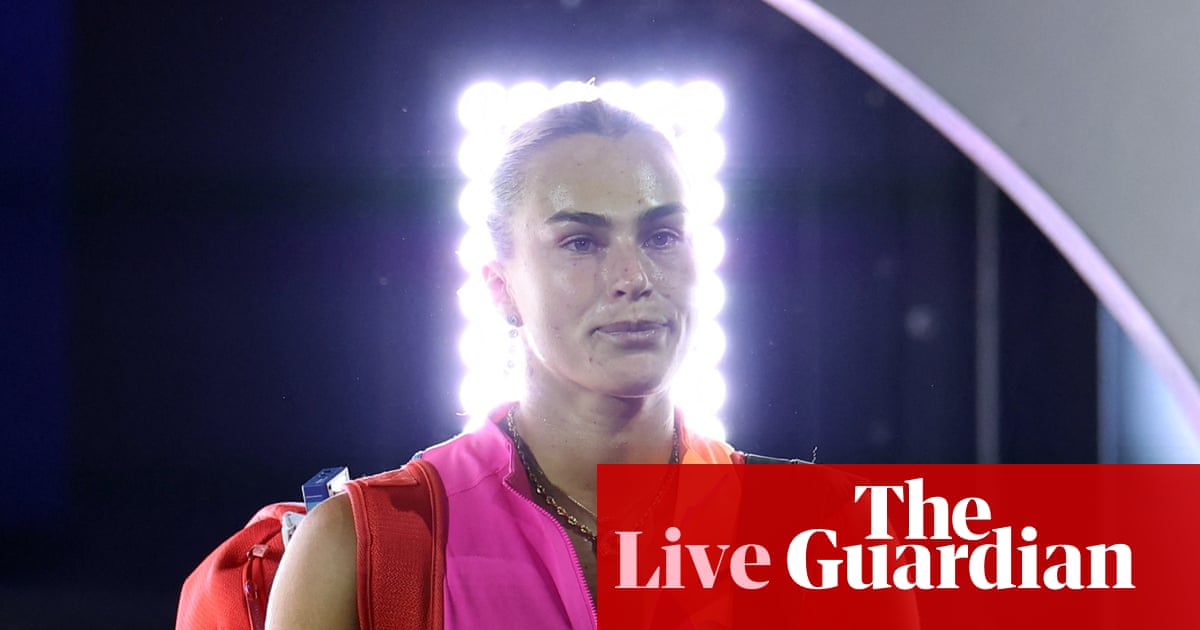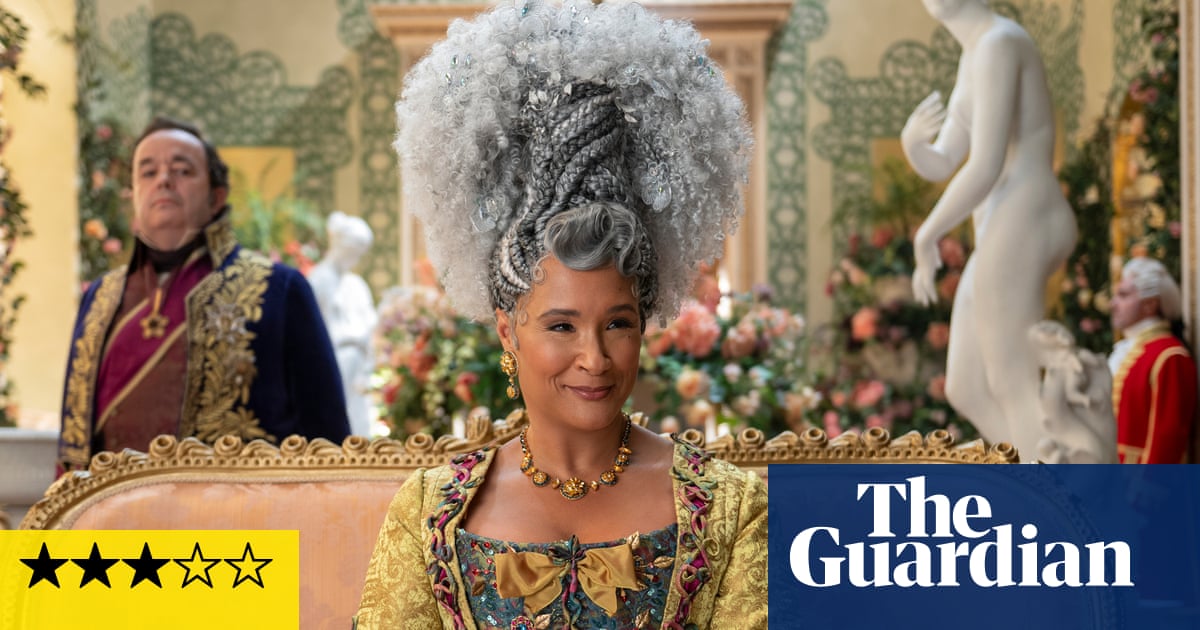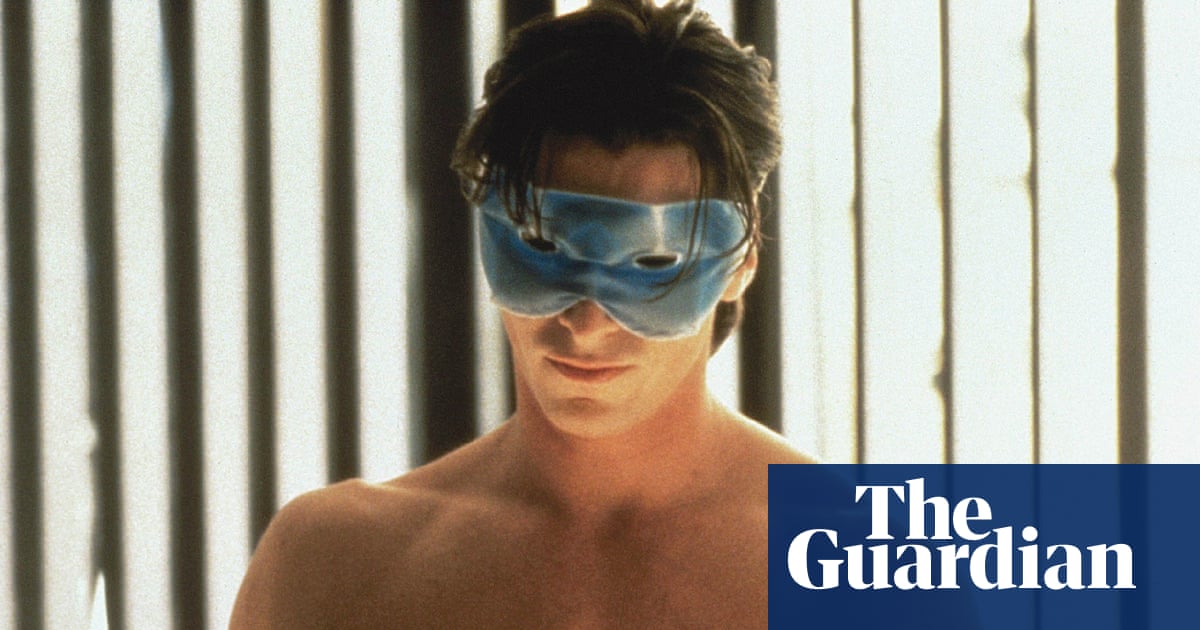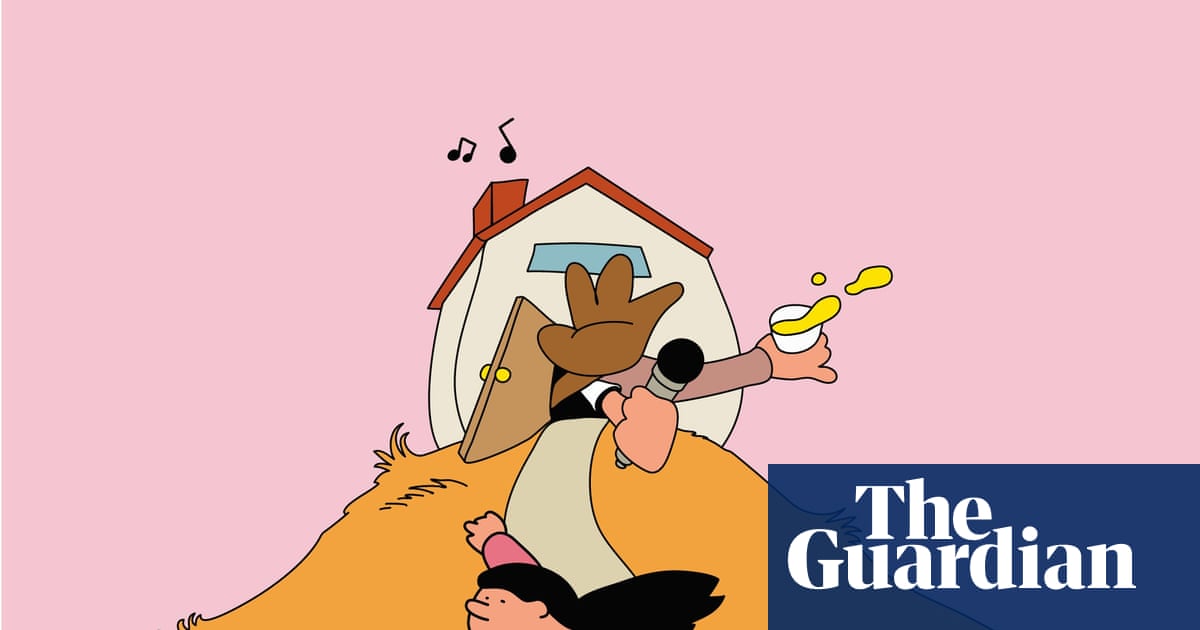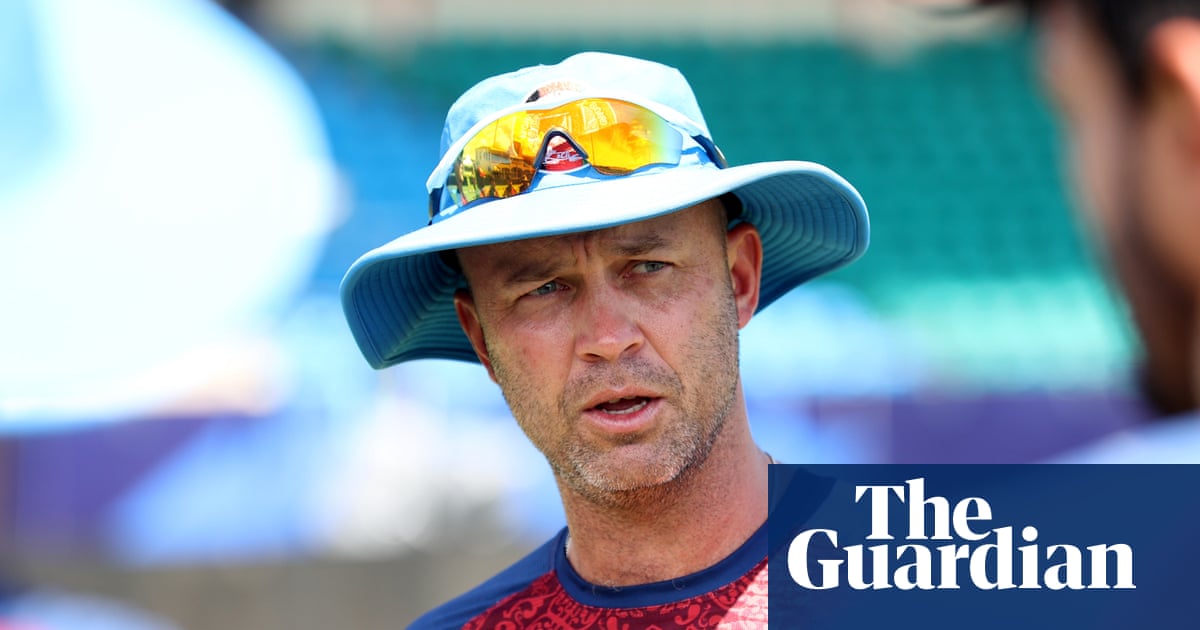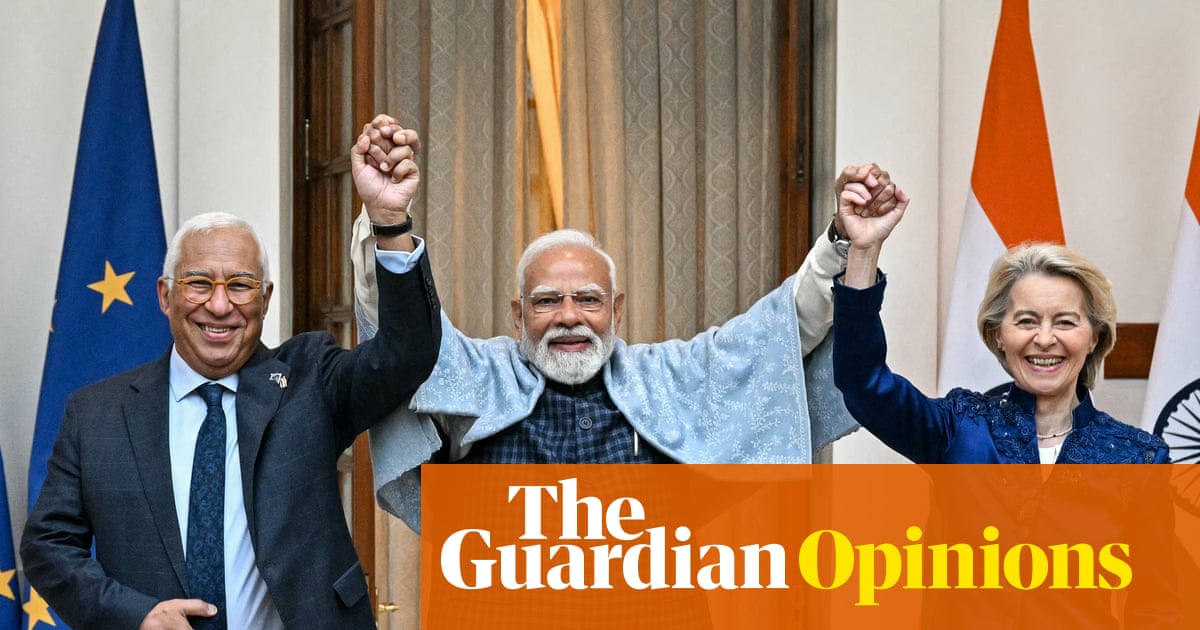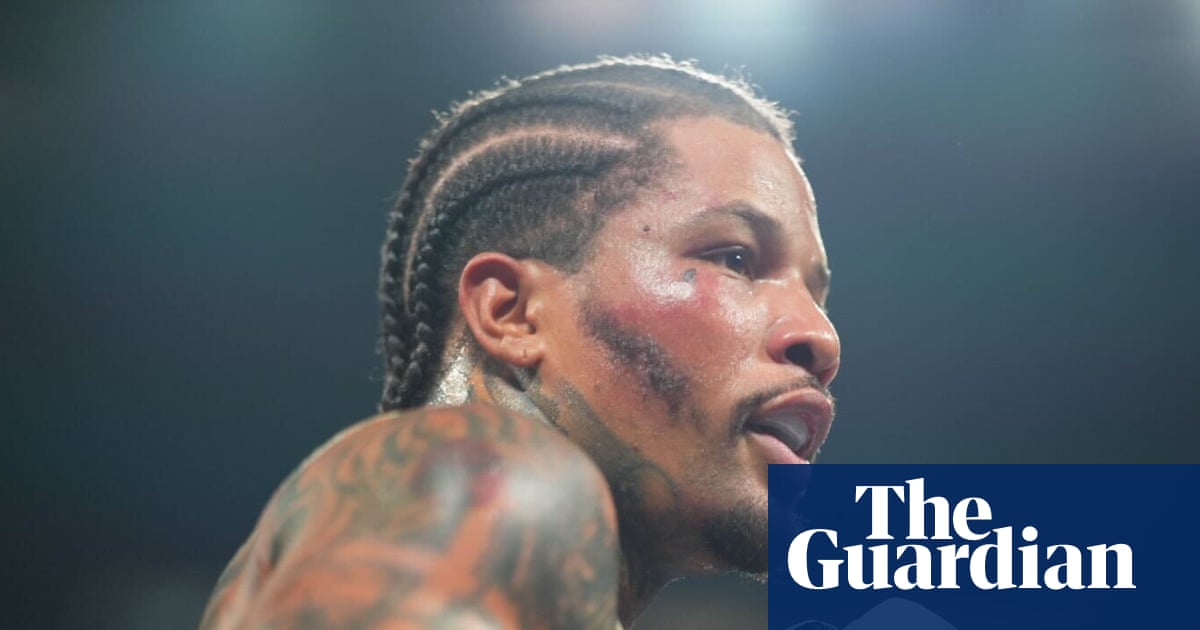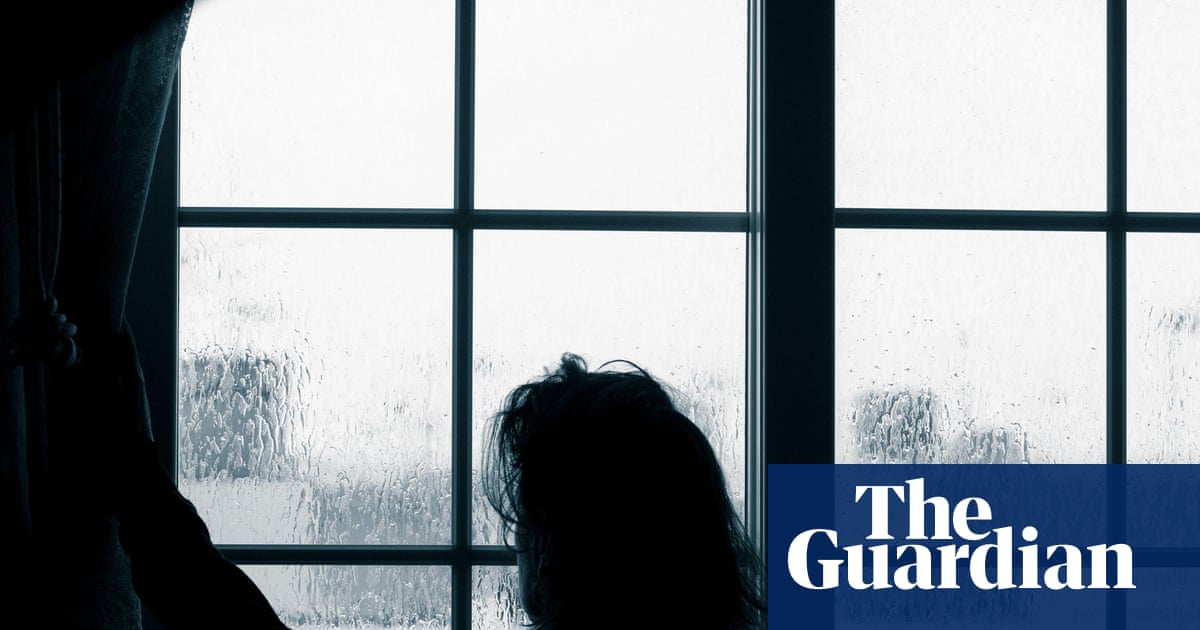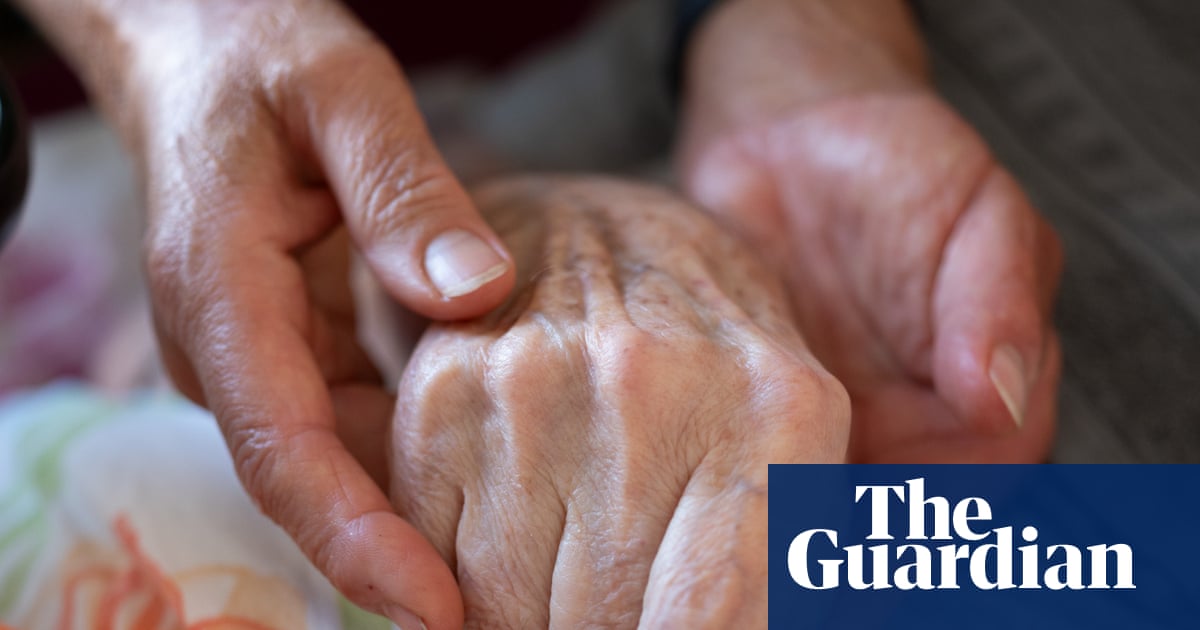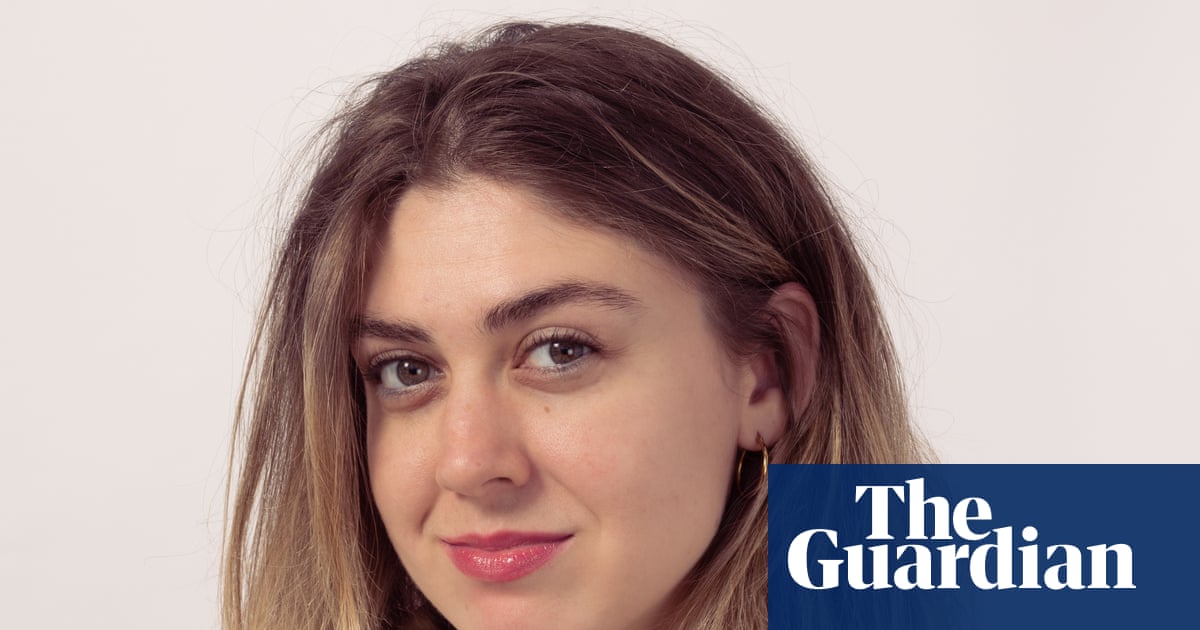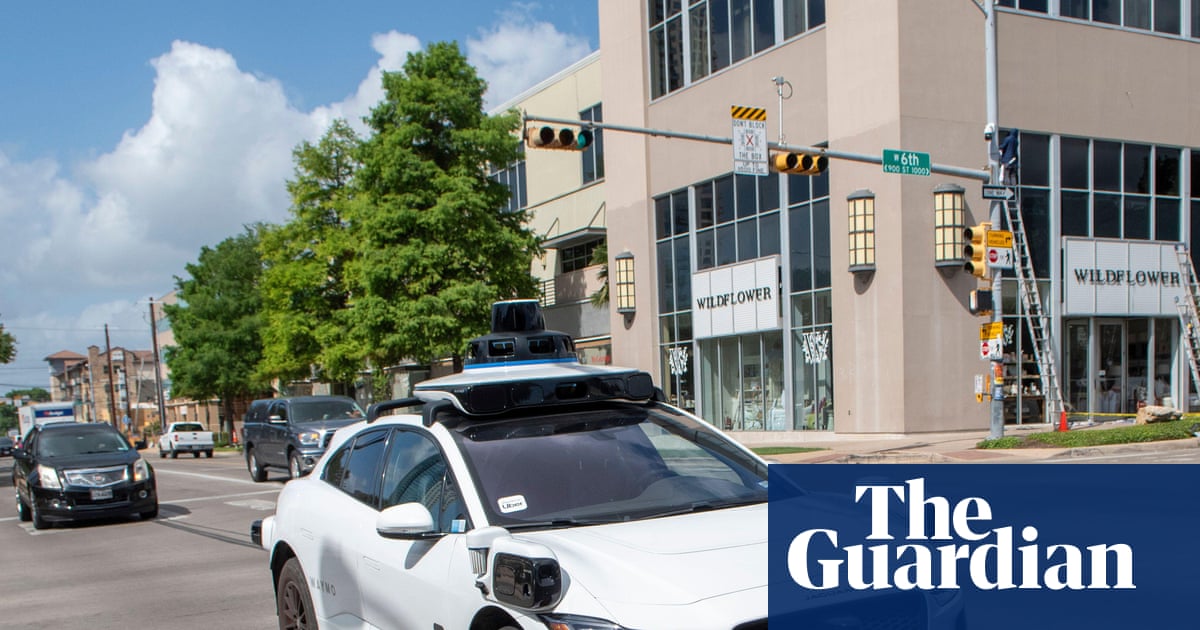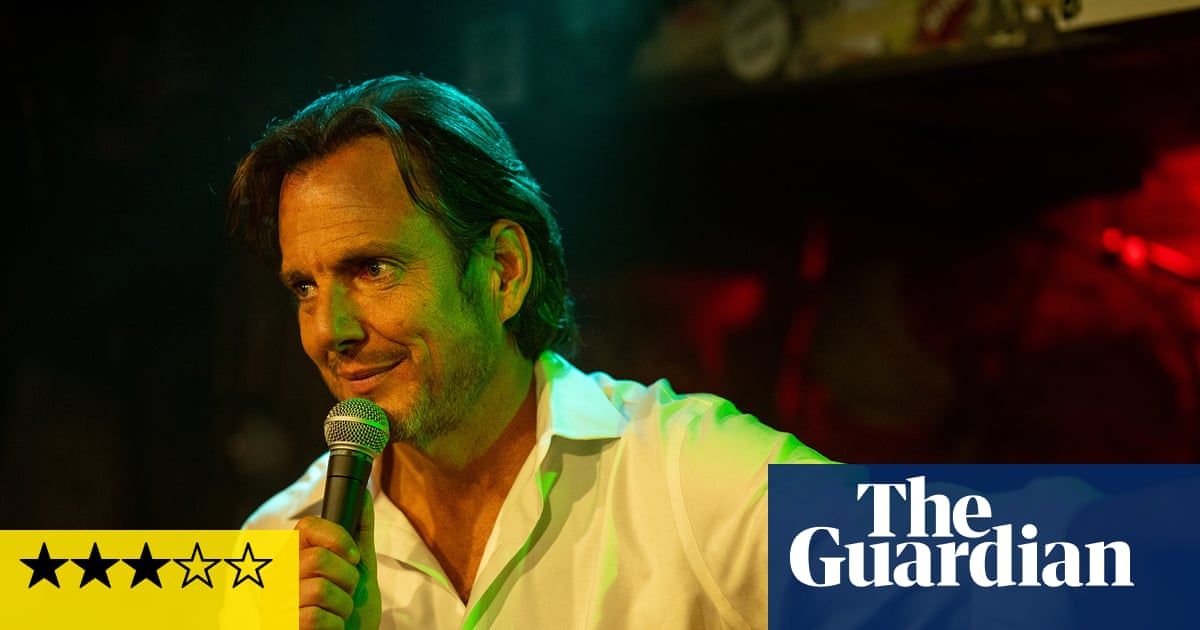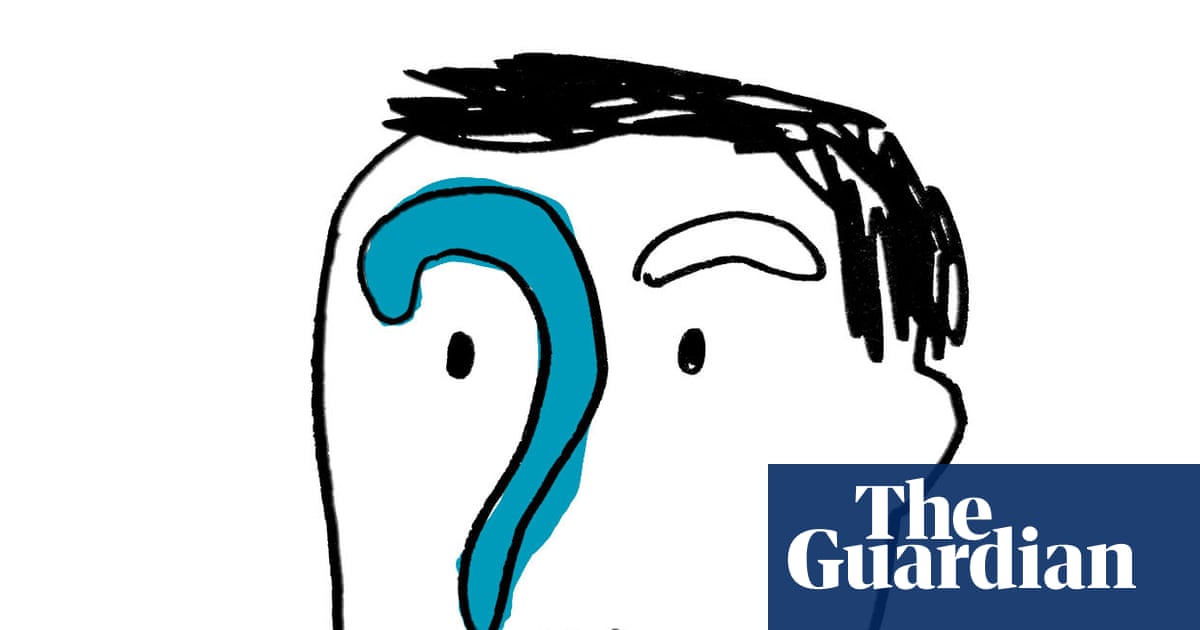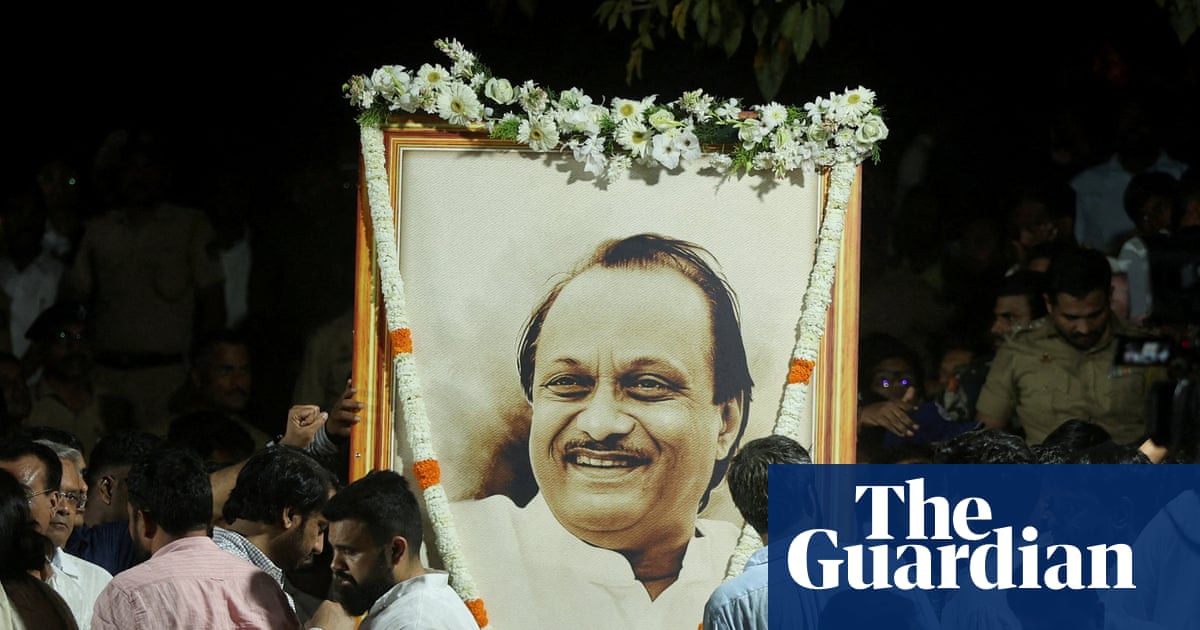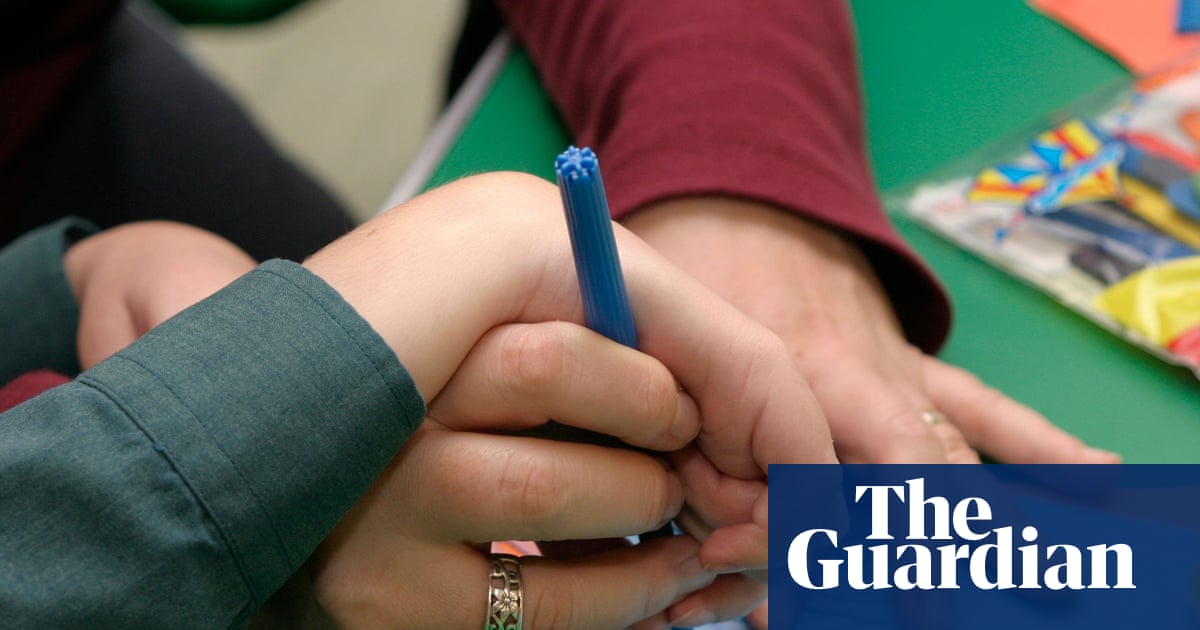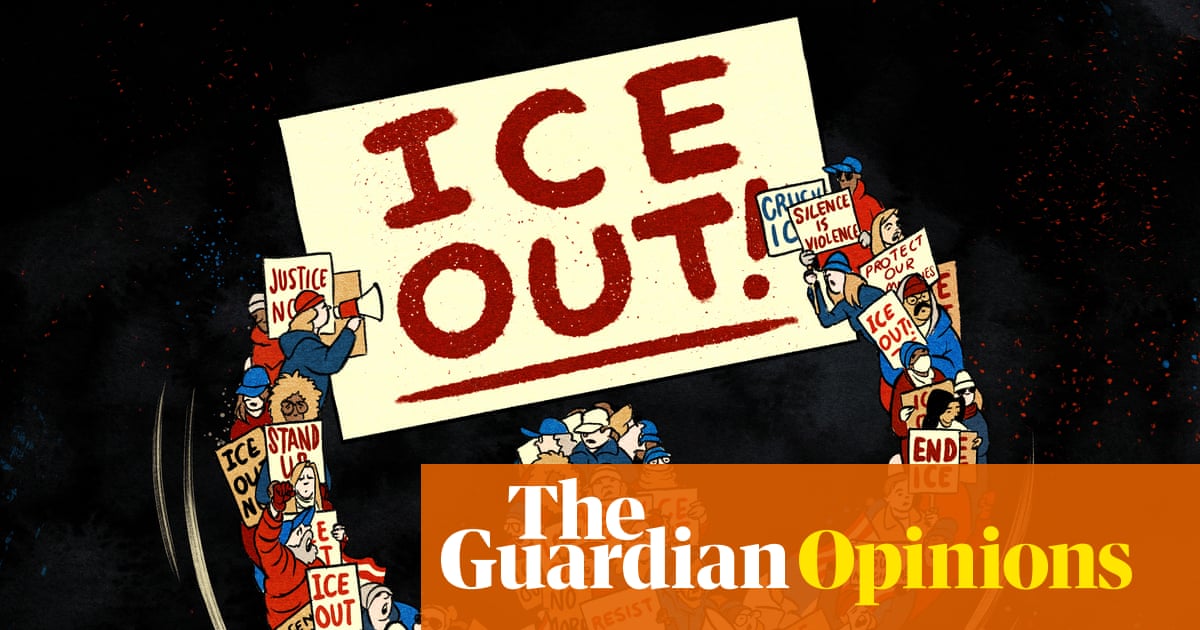The neighbourhood where I live in west Amsterdam is one of the most vibrantly diverse in the city, inhabited by people from every corner of the globe. Some are new arrivals, others are descended from parents and grandparents who came here 30 or more years ago. In the shopping mall I hear Arabic and Turkish along with Dutch, English and a smattering of other languages that I cannot readily identify. The market square is crowded with stalls selling all manner of vegetables, fish and spices, along with hijabs and abayas. The vendors call out in a mixture of Dutch and Arabic. My butcher addresses me as Abi – Turkish for “older brother” – even though he knows I am not from Turkey.
There is a sense that we are all in this together, and it is up to us to make the most of it. I see patrols of concerned neighbours who take it upon themselves to gather up rubbish that has been dropped on the streets by careless kids. Although this mix feels quite natural, this is the kind of place that Geert Wilders would describe as a multicultural hell.
The point Wilders insists on overlooking is that it is precisely this blend of people and backgrounds that has made Amsterdam unique. Amsterdammers are proud of the city’s diversity. If you read the eponymously titled book by Geert Mak, you will see that the city’s history is one of tolerance and a pragmatic approach to difference, whether religious, racial or cultural. This pragmatism is a defining Dutch quality. Visitors see coffee shops and the red light district without understanding that the tolerance that created them is what has allowed the city to thrive and become what it is today.
Wilders has long played on the fears of Dutch people, some of which appear to have deepened since the pandemic. The debates in the run-up to last month’s election were dominated by the housing crisis, the cost of living and the number of migrants and asylum seekers coming into the country.
Yet most Dutch people have little, if any, meaningful contact with migrants or asylum seekers in their daily life: their opinions are largely steered by public debate.
The violent killing in August of a 17-year-old, allegedly at the hands of an asylum seeker, sparked national outrage. The teenager was cycling home late at night when she was attacked. Her death prompted a new protest movement led by women demanding the right to move freely at any hour of the day or night. But violent crimes such as this, where the suspect is a migrant, present a severe challenge to the Dutch liberal mindset and the public reaction is often exploited to fuel the rightward political shift.
Nevertheless, last week’s election confirmed that the more extreme course that Wilders and his coalition allies tried to steer, after their 2023 victory, has failed. Voters chose a return to a more secure middle ground. The centrist D66 party, which narrowly won the highest vote share, represents a progressive line. Its leader Rob Jetten, most likely the next prime minister, is young, athletic and gay. His popularity in recent months had been boosted by his participation in a popular television quizshow.
Yet, despite the chaos of nearly two years of the far right in government, culminating in the collapse of the coalition in June, Wilders has managed to drag the political ballast to the right. The most notable example of this is the liberal-conservative VVD party that, under its previous leader, Mark Rutte, won four consecutive elections. The current leader, Dilan Yeşilgöz, cosied up to Wilders – and was widely criticised for it – but the VVD lost only two seats.
Leftwing politics seemed to find little resonance among younger Dutch voters, as they looked for practical solutions to concerns that the traditional parties have been unable to deliver.
One element I found noticeably absent from the pre-election debates was any real effort to engage with the voices of people from minority communities. While the issue of migrants and, in particular, Muslim migrants, was centre-stage in the run-up to the election, their own voice was strangely missing. Somehow, while the majority may support a liberal agenda, most people lack any practical understanding of the minority experience. This is true even in elite cultural circles, such as the literary world, where efforts have been made in recent years to include voices representing the migrant experience. It nevertheless remains, by and large, homogeneously white and middle-class.
As for issues that might concern the minority, there was no mention, for example, of the damage done by the 2018 child benefits scandal when up to 26,000 parents were falsely accused of making fraudulent claims for financial help. When it became clear that the government had been targeting people based on their ethnic or racial background, the government collapsed.
One of the few parties to discuss the country’s colonial history and the contribution made by immigrants is BiJ1, a small party named after article 1 in the Dutch constitution, that forbids discrimination on the basis of race, religion, gender, sexual orientation or disability. Founded by Sylvana Simons, one of the few black politicians in this country, the party scored no seats and finished up behind the animal rights party.
after newsletter promotion
Since moving to the Netherlands 10 years ago, I have watched it slide from a tolerant, liberal heartland to an anxious, politically unstable state where Wilders’s anti-Muslim, anti-migrant rhetoric has become widely acceptable.
Wilders is unlikely to fade into obscurity in opposition. The forces supporting his far-right agenda are powerful, and growing, across Europe and beyond. Perhaps the challenge facing the Netherlands is to find a balance between the ideals of freedom, equality and tolerance, and more pragmatic concerns about security and economic growth.
Still, I miss the days when passing cyclists might smile in greeting, and instead now look at me with suspicion. I hope that one day they, too, will realise that the key to this country’s future lies in its multiplicity, and that denying or ignoring this fact only increases polarisation. The multicultural society is not going away any time soon, whether we like it or not; the best we can do is to try to make it work for everyone.
-
Jamal Mahjoub is a writer of British and Sudanese heritage who lives in the Netherlands. His books include A Line in the River: Khartoum, City of Memory

 2 months ago
65
2 months ago
65
